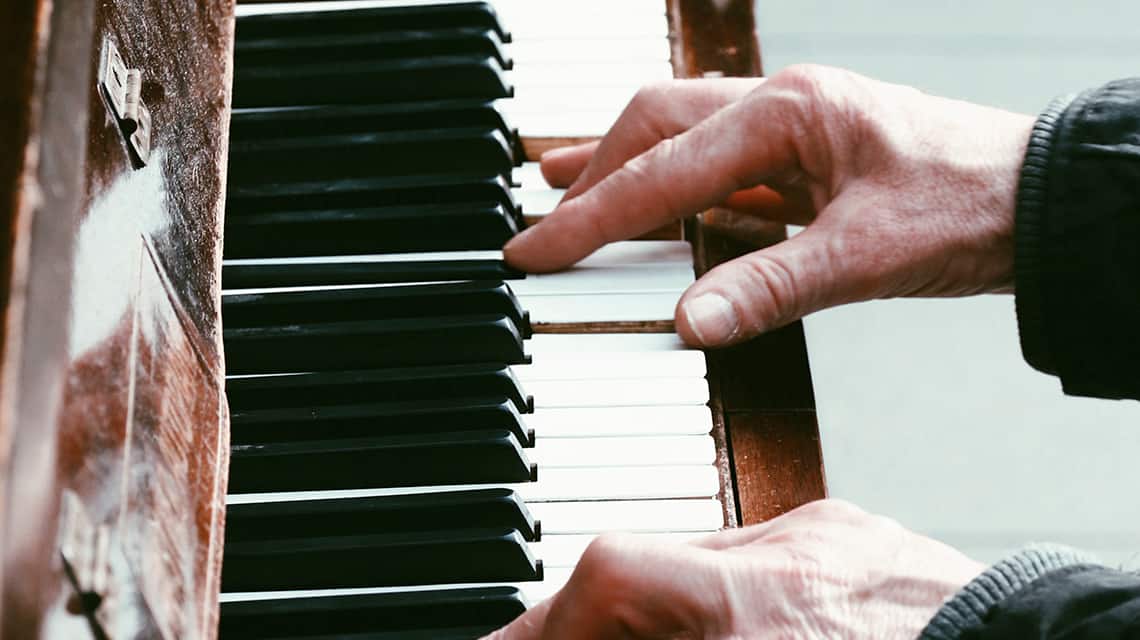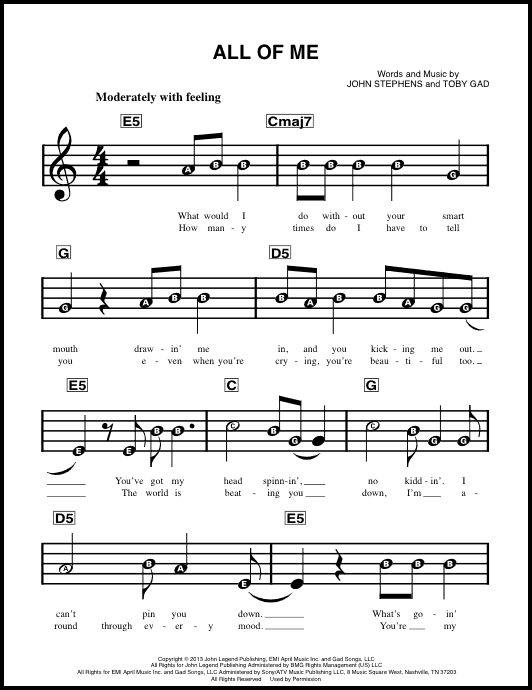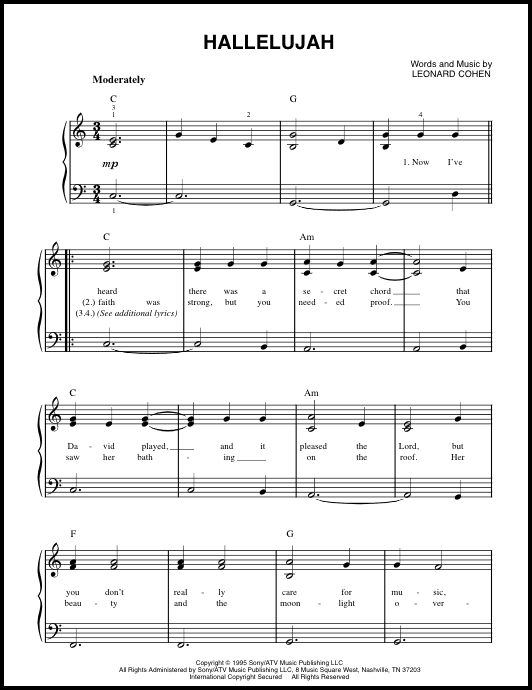Is It Too Late to Learn (Or Relearn) the Piano?

Have you always wanted to play the piano? Or, did you take lessons as a kid and wish you had stuck with it? Many of us are mesmerized by watching a pianist’s graceful hands whisk around the keys. The sound of the piano is universally loved because of its clarity, it’s fullness and the broad emotions it can convey.
It’s a common misconception that adults can’t or shouldn’t learn to play the piano. But, there is absolutely no reason why an adult can’t find enjoyment and fulfillment by taking on the piano as a hobby.
Maybe you think you aren’t talented enough to learn the piano. Or, maybe you have a really full schedule. Maybe you have a lot of responsibilities on your plate such as working a demanding job or taking care of family members. Perhaps you feel like you don’t possess the right skills needed to play the piano. You don’t have a good ear, you’re not coordinated, you don’t have a good sense of rhythm or you have trouble following through with commitments.
Fortunately, all of these things can be overcome. Playing the piano requires no special talents. Many skills that you feel like you might be lacking can be acquired. Even if you’re not even sure how to read sheet music, you can quickly learn with this handy guide or with the help of a teacher.
Learning the piano as an adult is a very worthwhile and attainable goal. If learning the piano is on your bucket list, keep these things in mind:
Be Patient With Yourself
Learning the piano never happens in a straight line. There are many ups and downs along the way. It can be frustrating and challenging. There might be barriers outside of your control that will prohibit you from progressing as you expected.
Learning the piano is also a fairly slow process. It’s not something that can happen overnight or in quick bursts of time. Day in and day out persistence is how people learn and master an instrument.

It’s important to understand that learning the piano as an adult is quite different than learning the piano as a child. Be fully aware that you’re on a completely different playing field than kids who are learning the piano. You likely have many other responsibilities that you’re juggling and playing the piano is just one of many facets of your life. In addition, you have a completely different perspective on life and learning. Be patient with yourself and respect the process that is learning the piano.
Make It A Priority
The saying “you get out of it what you put into it” is definitely true for the piano. Learning the piano requires consistent practice and a commitment to learning and sticking with it.
Ideally, you’ll want to spend time at the piano every day. Inevitably, on some days it might be impossible to practice the piano due to travel, caring for family, working long hours or other responsibilities.
Make an effort to get back on track any time life disrupts your plans to learn piano.
If you consistently struggle to practice regularly, reevaluate your schedule. 5-10 minute blocks of time are definitely sufficient when you’re first starting out and it’s better than nothing.
Here are some parts of your day when you might “find” time to practice:
- Before bed. Playing the piano can be a wonderful “winding down” activity at the end of the day.
- During your lunch break. Maybe you can pop home during the workday or maybe your workplace has a piano. Schools, churches, universities, and hospitals often have pianos.
- In the place of watching a show or spending time on social media. You’ll find that playing the piano can be equally relaxing and more fulfilling than these activities.
- First thing in the morning. Starting your day with something pleasant and fulfilling will set you off on the right foot. If your mornings seem rushed and chaotic, see if you can squeeze it in while you wait for your breakfast to cook, while your coffee is brewing, or before you head out the door. Plan for this the night before to make sure it can happen.
- When you need a mental break from work and other tasks. Sometimes stepping away from a project is the best form of productivity. Stopping by the piano is a great way to clear your mind and will help you stay motivated in other areas of life.
Put piano practice on your to-do list just like all of your other obligations. Set an alarm on your phone so that it doesn’t get overlooked or ignored.
Find A Good Teacher or Online Course
The best way to make progress on the piano and to stay accountable is to work with a teacher. And we can assure you that the way many piano teachers approach piano lessons has drastically changed since your childhood. Keep in mind that not every piano teacher is experienced with or prefers to work with adult students, so do your research and ask a lot of questions to find a teacher that is a good match for you.
A teacher will be able to keep you on track as you learn new skills, answer questions as they arise, and give you feedback on your playing.
Understandably, in-person piano lessons aren’t for everybody. They are a considerable investment of both time and money. Fortunately, there are many great opportunities to learn piano online and remotely. The course Beginning Piano For Adults is a perfect introduction to playing the piano. It helps adults easily learn piano from home with minimal investment.
Don’t Compare Yourself to Others
As you are learning the piano, stay focused on your progress. Don’t compare yourself to others or base your expectations on the results of others.
Each person has different gifts and skills when it comes to learning the piano. There are many different angles and approaches to the learning process and there is not one right way for everyone. Plus, there are countless styles and genres of piano music to learn, and all require different techniques and skills.
Stay focused on your own progress and the fulfillment you are receiving from learning the piano.
Accomplished pianists have been mastering their craft for many years and have devoted many consistent hours to practicing and improving. From the outside, it might seem like other people have a natural gift or that it comes easily, but the truth is that everyone is working hard to learn the piano.
Be Aware of and Open to the Non-Musical Benefits
Once you start learning the piano, you will quickly discover that many other aspects of your life will improve as well. Learning the piano
- Keeps your mind sharp
- Is relaxing
- Is a way to express yourself
- Creates discipline and structure in your life
- Allows you to be creative
- Gives you a social connection to other pianists and musicians
- Is fun
- Can lift your mood
These are just a handful of the non-musical benefits that adults experience as they learn to play the piano. Altogether it’s a wonderful way to keep your mind engaged and to nurture your spiritual and emotional side.
Enjoy It!
Above all, as you take on your new hobby, just have fun with it. Don’t let learning the piano become a source of stress or frustration in your life. Focus on your own betterment, your own fulfillment, and your own goals for learning the piano. Don’t let outside pressure make you feel like you need to be different or better than you are.
Enjoy the process and have fun making music and learning a new skill!
Need Beginner Sheet Music for Piano?
Check out Beginner Notes Piano Sheet Music at musicnotes.com. Beginner Notes are sheet music arrangements for beginning musicians, featuring large notes with the letter of the note name indicated in the note head. They are designed to make it easy for anyone to learn to play a song.
Shop Beginner Notes Sheet Music

If you’re ready for a step above Beginner Notes, you’ll find luck with Easy Piano Sheet Music at musicnotes.com.

And don’t forget to check out our article “How to Read Sheet Music: Step-by-Step Instructions” for even more help on your piano learning journey!

